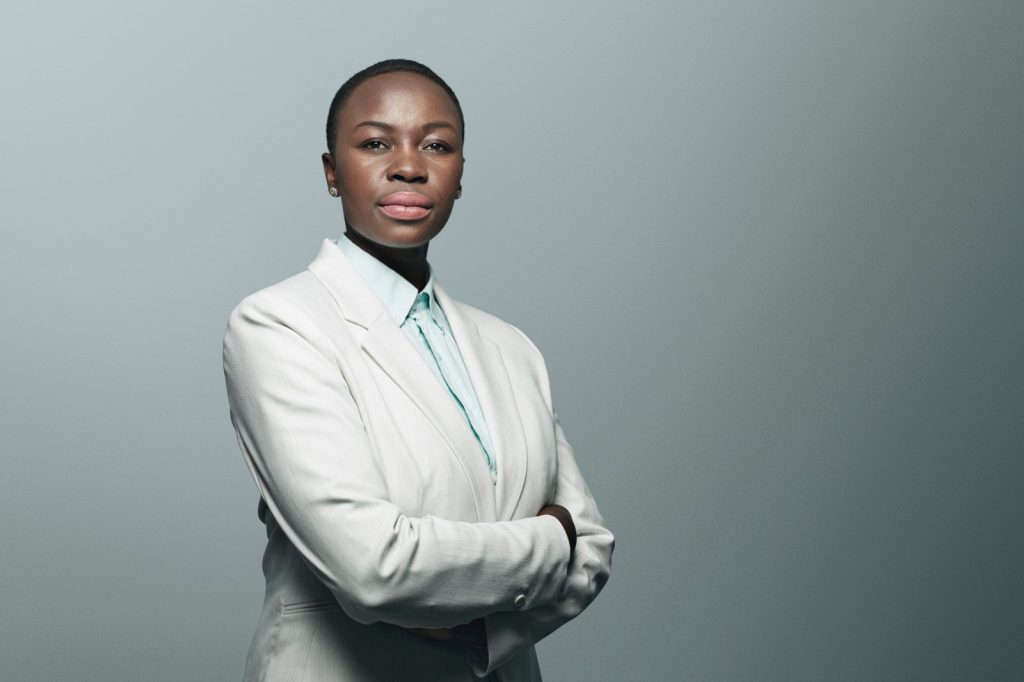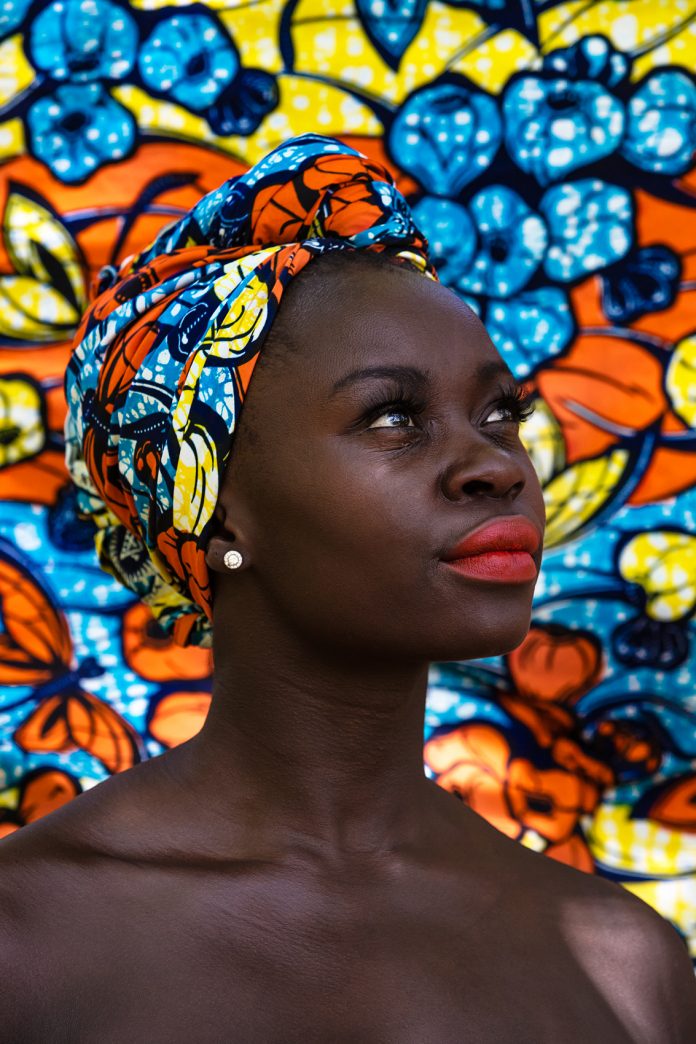In 1997, my family and I came to Denmark, I was about 9 years old, and had never been on a plane or been around white people before. I remember the first time I saw a white person, it was in my village in Matette in Uganda, they came to visit my school, students and teachers were excited and everyone went around saying look at the muzogos, look at the way they dress and the way the talk. At that age I thought all muzogos had one language and that was English. I tried to listen carefully, to understand what they were saying but I didn’t understand a word even though I was taught English at school. I was wondering why, they had their own type of English but after some time, a teacher told me that they were from Holland and spoke Dutch.
We arrived in Denmark a cold December day, and there I stood and saw this new world that was surprisingly white, not only the people, but also the outdoors and that was the first time I saw snow.
My Childhood in Denmark was wonderful; I was met with so much love and wonder. At school my classmates loved to touch my Afro hair and even tried to see if my colour would rub off. I was someone new.
I knew that I was different, but not in a negative way. The first time I really felt different and that I didn’t belong was when a classmate called me “Nigga” (Negro). At that time I didn’t fully understand the meaning of the word, but the way he said it and the way he looked at me while saying it, made me feel that I was beneath everyone else. From that day I knew that I was different. From “Nigga”, I have been called words like Negerbolle (a Danish chocolate dessert), sambo, etc. The excuse for the behaviour was humour and not racism, but I view it as ignorance. Never mind how disrespectful and demeaning it was to me. People saw it as Danish humour, but REALLY? I wasn’t laughing. I was so stunned the first couple of times that it happened and promised myself that the next time it happened, I would say something.

In Denmark, some Danes think that their freedom of speech encompasses the right to use slurs towards foreigners. If Danes have the right to use offensive language, then minorities have the right to say it offends them. Both are exercising their freedom of speech, right? From what I have experienced, the Freedom of speech in Denmark apparently means that one has the right to say whatever one wants without consequences.
A few days ago, a Danish person called me a ‘Negro’ to describe me to another person. Upon hearing this, I was speechless. There are so many ways to describe me. But why that word? Is that all there is to me. One of my Danish friends told me to brush it off, because it wasn’t meant in a negative way. Although I know my friend tried to make me feel better, I must admit it felt like salt on a fresh wound.
I understand that no-one wants to be labelled a racist or simple ignorant. Just as no-one really wants to be called a ‘Negro’, a term that has negative historical connotations. I have found that when foreigners speak up, we are often brushed off as being overly sensitive, not understanding Danish humour, or not respecting the freedom of speech by being too politically correct.
I believe that Foreigners in Denmark need to stand up and define themselves or Denmark will try to define them and in limited terms. Everyone should have the right to define who they are. Isn’t that freedom of expression?
I wanted to tell you my personal story because so often the story of racism is told in general terms, using clichés and framed in the context of negative news about crime or political issues such as immigration. But the everyday situations go unspoken or unheard beyond personal conversations.
From primary school to high school and university I often find myself being the only black woman. At times it can be exhausting to always have to represent your people, it is also exhausting to educate people about who you are and who you are not. I often try to break stereotypes and challenge people’s way of thinking about Africans. Because of this I know that many Africans including myself can receive patronising comments like these ones “ wow, you speak Danish very well, are you adopted? Oh you are different, I usually don’t get along with Africans but you are different. You are very pretty for an African girl. You should have mixed babies, they would be so beautiful. All these comments are meant as compliments but are VERY insulting to most Africans. These comments are based on the ignorant opinions of the Africans and “complimenting” me or other Africans on being different from others is simply another way of saying that I am ok but the others are not. Well, if the other Africans are not acceptable to you then neither am I, because I AM AFRICAN.
I will conclude by adding one last story, I remember one instance I was at my university and I was sitting with two of my classmates, a guy came over and began chatting with us, and then he turned to the two and asked if they study law they said yes and then he turned to me and asked me “what do you do?”, I answered that I was the cleaning lady, and I just met my colleagues in the hall way. In that moment I was frustrated at the fact that he assumed that my two classmates were law students, but not me.
If I could offer any response to what are clearly complex problems here, I would say that I think the Danes should make an effort to open up to other nationalities and races in Denmark. Not just superficially but through real engagement and communication. Instead of making assumptions, Danes should put themselves in situations where they are the minorities, which is actually not hard given that Denmark is small in comparison to the rest of the world. They really have to come to terms with their own prejudice. It is hard to summarise but what I know to be true is that you cannot judge a book by the colour of its cover, nor the story by the accent with which it is told.
By Mary Consolata Nama– MILEAD Fellows
Moremi Initiative for Women’s Leadership in Africa /www.moremiinitiative.org

Putting a spotlight on business, inventions, leadership, influencers, women, technology, and lifestyle. We inspire, educate, celebrate success and reward resilience.















